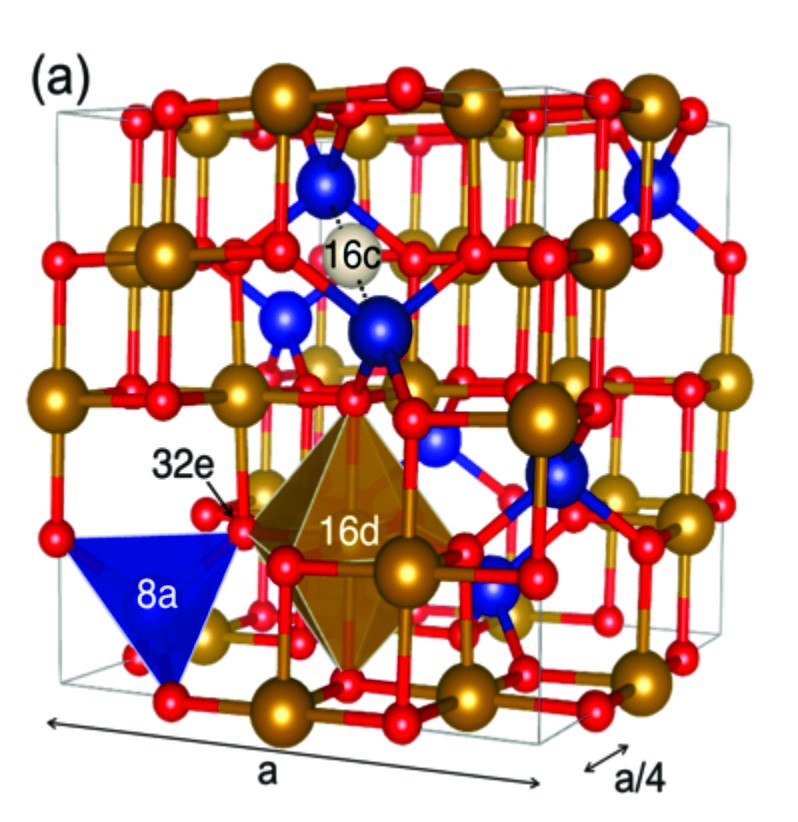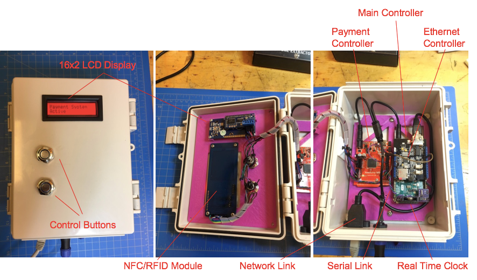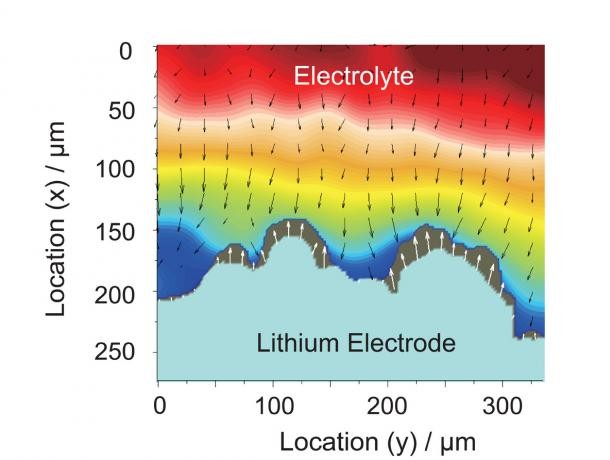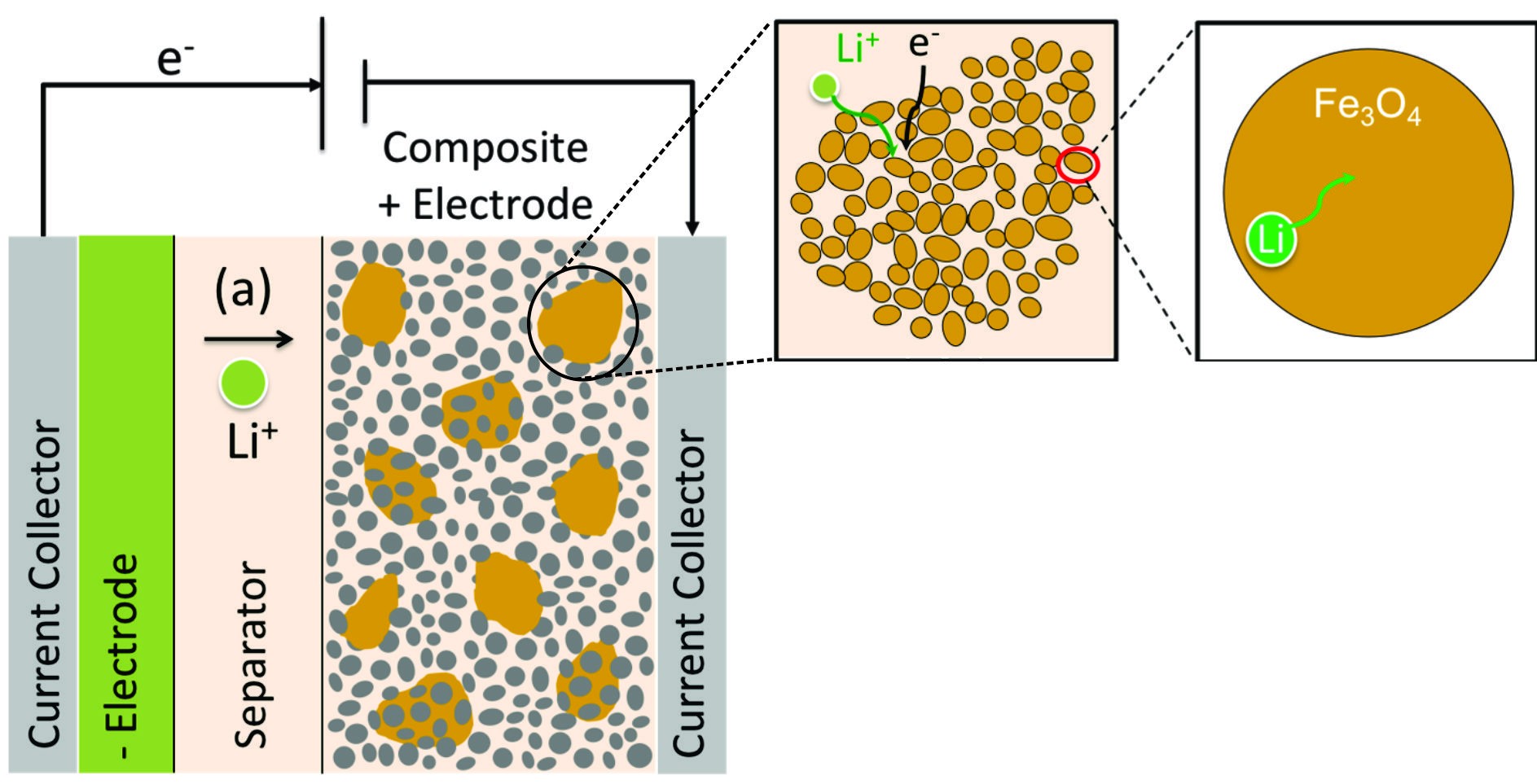Batteries for electric vehicles
Our team is working to develop safe, fast-charging batteries for use in transportation. Improvements in safety will be achieved by eliminating flammable electrolytes and replacing with alternative materials that still permit high rate applications. We aim to complete charging in our EV batteries on the timescale of minutes to transform clean energy transportation systems.
Electrolyzers for Producing Carbon-Neutral Fuels and Chemicals
Several labs at CEEC are involved with developing next-generation electrolyzers that can use electricity to convert low energy reactants like water and carbon dioxide into fuels and chemicals like hydrogen, synthesis gas, and carbon-neutral hydrocarbon fuels. We are especially active in the development of active, selective, and durable electrocatalyst materials used within electrolyzers and fuel cells. Our activities and interests in the electrolyzer and fuel cell areas cover a wide variety of chemicals, fuels, and materials that can be produced using electrochemistry.
Grid-level storage
Integrating large-scale storage into the grid will allow us to overcome issues associated with the intermittency of renewables. Our grid-level storage efforts use a combination of large-scale batteries and fuel cells to address seasonal energy storage.
Alleviating energy poverty
Members of the CEEC team are constructing battery systems to eliminate energy poverty across the globe. We have a battery test bed to assess the optimal systems based on the required application, including decentralized mini-grids for rural and/or impoverished populations.
Clean urban buildings
Researchers at CEEC are constructing battery test beds to study large-scale battery systems for clean urban building projects. These green building solutions will integrate efficiencies over the course of a daily cycle by reimagining the way our buildings interface with systems for electrochemical energy storage and conversion.




